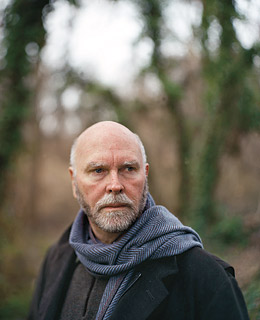
There have always been two kinds of innovators: those who have an incandescent idea that changes the world and those who keep having them. Increasingly, J. Craig Venter, 61, is establishing himself as a member of that second group.
Already admired as the scientist who conceived of the high-speed, "shotgun" approach to DNA sequencing, he was honored last year with a place on the TIME 100 list for his studies involving biodiversity in the oceans. This year he's back for the startling achievement of having built the first synthetic genome. Most of a cell is simply a living enclosure for the DNA that makes an organism what it is. Design and assemble that DNA the way a software designer writes code, and you come awfully close to inventing a living thing. That's what Venter did this year. For now, his work is limited to a one-celled organism, but it could advance fast.
So many accomplishments coming so quickly have evoked a range of emotions in Venter's fellow scientists. There has been almost universal admiration, even a touch of envy, but there are people who regard his entrepreneurialism and reported egotism as suspect. I don't see it that way. I think he should be rewarded for his bold thinking, ethical sensitivity and creativity. The life of the scientist should be one of imagination and joy—and in his case, it is. At best, it should yield rewards not just for the person doing the work but also for anyone else who is touched by it. If that's the standard, Venter could be finding his way onto lists like this one for a long time.
Cook, a best-selling author, writes about medical tourism in his upcoming novel